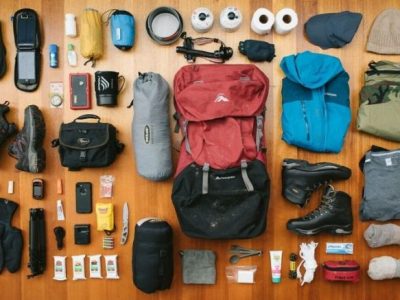Team Building Games for Scout Camps play a pivotal role in fostering collaboration, communication, and problem-solving skills among young campers. By incorporating these engaging activities into camp programs, scout leaders can create a dynamic and enriching environment that promotes teamwork, leadership, and personal growth.
From classic games adapted for the outdoors to innovative challenges designed to meet specific camp objectives, this article explores the types, benefits, and implementation strategies of team building games in scout camps, providing valuable insights for camp organizers and leaders.
Introduction to Team Building Games in Scout Camps
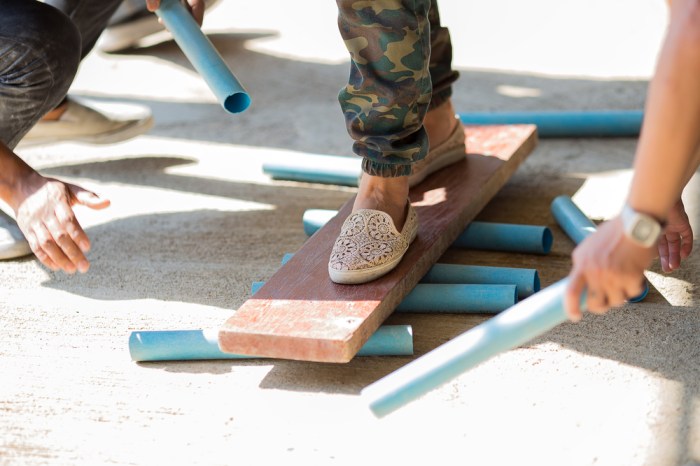
Team building games are activities designed to promote teamwork, communication, and problem-solving skills within a group. These games are highly beneficial for scout camps, as they provide a fun and engaging way for scouts to develop essential life skills.
Incorporating team building games into camp activities offers numerous benefits. They foster a sense of camaraderie and unity among scouts, teaching them the importance of working together towards a common goal. These games also enhance communication skills, as scouts learn to effectively convey their ideas and listen attentively to others.
Benefits of Team Building Games in Scout Camps
- Promote teamwork and collaboration
- Enhance communication skills
- Foster problem-solving abilities
- Develop leadership qualities
- Build self-confidence and trust
Types of Team Building Games for Scout Camps
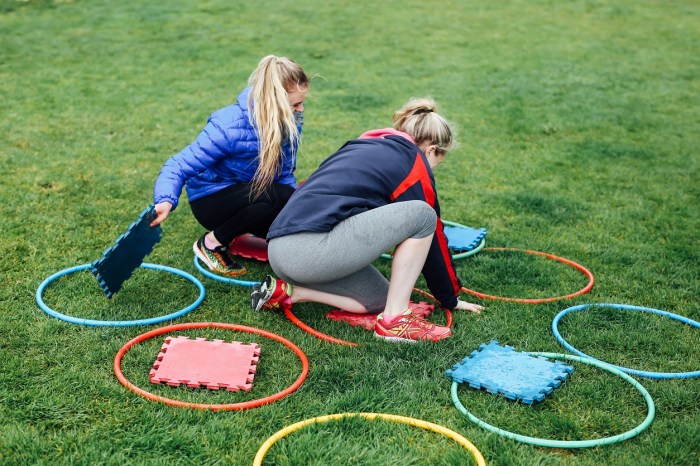
Team building games are an essential part of any scout camp experience. They help scouts develop important skills such as communication, cooperation, and problem-solving. There are many different types of team building games that can be used at scout camps, and the best ones will vary depending on the age and skill level of the scouts.
Some classic team building games that can be easily adapted for outdoor settings include:
Variations and Adaptations of Classic Games for Outdoor Settings
- Capture the Flag:This classic game can be played in a variety of ways, but the basic premise is that two teams try to capture each other’s flag. For an outdoor setting, you can use natural landmarks as boundaries and hiding places.
- Tag:Tag is a simple game that can be played with any number of people. To make it more challenging, you can add obstacles or variations such as “freeze tag” or “chain tag.”
- Red Rover:Red Rover is a classic game that is perfect for large groups. Two teams line up facing each other and call out names. The person who is called out must run across the middle and try to break through the other team’s line.
- Three-Legged Race:This game is a great way to promote teamwork and communication. Scouts tie their legs together in pairs and race against each other.
- Obstacle Course:Obstacle courses can be created using natural materials such as logs, rocks, and branches. Scouts must work together to overcome the obstacles and reach the finish line.
Designing Team Building Games for Specific Objectives
Incorporating team building games into scout camp programs can enhance the experience and facilitate the achievement of specific camp goals. Designing games that align with these objectives requires careful consideration and tailoring.
The first step is to clearly define the desired outcomes of the game. These objectives should be specific, measurable, achievable, relevant, and time-bound (SMART). For instance, if the camp aims to improve communication skills, the game could focus on encouraging active listening and effective feedback.
Setting Clear Objectives
Setting clear objectives ensures that the game aligns with the intended learning outcomes. Objectives should be:
- Specific:Clearly defined and focused on a particular skill or behavior.
- Measurable:Quantifiable or observable, allowing for assessment of progress.
- Achievable:Realistic and attainable within the game’s timeframe and resources.
- Relevant:Directly connected to the camp’s goals and objectives.
- Time-bound:Have a specific deadline or duration for completion.
Tailoring Games Accordingly
Once objectives are established, the game can be tailored to achieve them. This involves selecting appropriate activities, designing rules, and providing guidance that supports the desired outcomes.
For example, if the objective is to enhance problem-solving skills, a game that involves collaborative puzzle-solving or obstacle courses could be effective. By matching the game design to the objectives, the experience becomes more impactful and meaningful for the participants.
Planning and Implementing Team Building Games: Team Building Games For Scout Camps
Successful implementation of team building games requires thorough planning and preparation. Careful consideration of game selection, time allocation, and safety measures is crucial for achieving desired outcomes.
Selecting Appropriate Games
Choose games that align with the specific objectives of the scout camp and the skill level of participants. Consider factors such as group size, time constraints, and the availability of resources.
Allocating Time
Plan the game schedule to ensure sufficient time for introductions, game instructions, game play, and debriefing. Allocate time for breaks and transitions between activities.
Ensuring Safety, Team building games for scout camps
Prioritize the safety of participants by conducting risk assessments, providing clear instructions, and establishing boundaries. Ensure proper supervision and have first aid equipment readily available.
Assessing the Effectiveness of Team Building Games
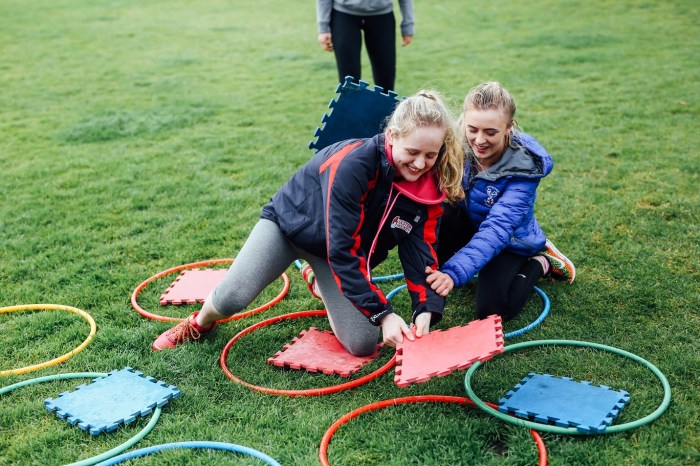
Evaluating the impact and effectiveness of team building games is crucial to ensure they achieve their intended objectives. Several methods can be employed to assess their effectiveness:
- Participant Feedback:Gather feedback from participants through surveys, questionnaires, or debriefing sessions. Collect data on their perceptions of the game’s impact on team dynamics, communication, problem-solving, and overall enjoyment.
- Observation:Observe participants during the game and take notes on their behavior, communication patterns, and interactions. Assess whether the game facilitated collaboration, trust-building, and effective problem-solving.
- Goal Achievement:Determine whether the team achieved the specific objectives set for the game. For instance, if the game aimed to improve communication, observe if participants demonstrated improved communication skills and understanding during the game.
To make improvements, consider the following suggestions:
- Collect Constructive Feedback:Encourage participants to provide specific and actionable feedback on what worked well and what could be improved.
- Review Observations:Analyze observation notes to identify areas where the game could be modified to enhance its effectiveness.
- Iterate and Refine:Based on feedback and observations, make adjustments to the game design, facilitation approach, or objectives to improve its impact and effectiveness.
Resources for Team Building Games
Discover a wealth of resources to enhance your team building game repertoire for scout camps.
Harness the power of websites, books, and other materials to expand your knowledge and create engaging games that foster teamwork and camaraderie.
Websites
- Scouting Resources: Explore the official website of the Boy Scouts of America for a comprehensive collection of team building games, activity plans, and resources specifically tailored for scout camps.
- Ultimate Camp Resource: Access a vast database of team building games, icebreakers, and camp songs, categorized by age group and skill level.
- Team Building Activities: Discover a wide range of team building games, including problem-solving challenges, communication exercises, and physical activities.
Books
- The Team Building Tool Kitby Brian Cole Miller: A practical guide packed with over 50 team building games, activities, and exercises.
- Team Building Games for Youth Groupsby Katherine Smith: A collection of age-appropriate team building games specifically designed for scout camps and youth organizations.
- Adventure Games for Youth Groupsby Jedd Hafer: Engage your scouts with a variety of outdoor and adventure-based team building games that promote leadership, communication, and problem-solving.
Other Materials
- Scouting Magazines: Stay up-to-date with the latest team building game ideas and trends by subscribing to scouting magazines like Boys’ Life or Scouting.
- Workshop and Training Programs: Attend workshops or training programs offered by scouting organizations or professional development providers to enhance your skills in designing and facilitating team building games.
- Online Forums and Discussion Groups: Connect with other scout leaders and outdoor educators through online forums and discussion groups to share ideas, resources, and best practices for team building games.
Closing Summary
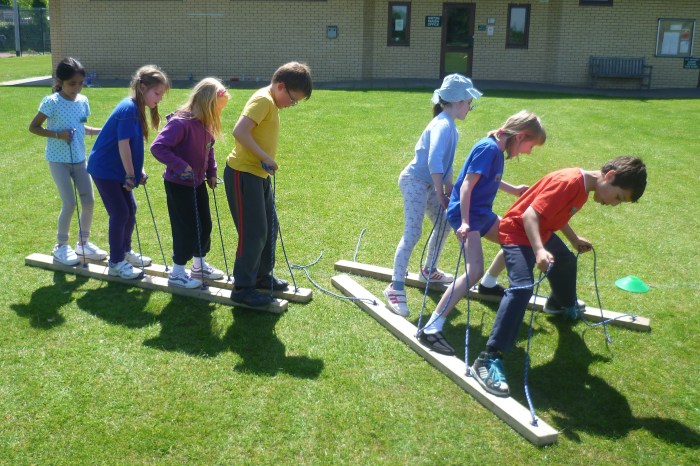
Incorporating team building games into scout camp activities is an effective way to foster collaboration, enhance communication, and promote personal growth among young campers. By carefully planning and implementing these games, scout leaders can create a positive and engaging environment that encourages teamwork, leadership, and a sense of community.
Top FAQs
What are the benefits of incorporating team building games into scout camps?
Team building games offer numerous benefits for scout camps, including improved communication, enhanced problem-solving skills, increased collaboration, and fostering a sense of community.
How can team building games be designed to meet specific camp objectives?
To design team building games that align with camp objectives, consider the desired outcomes and tailor the games accordingly, ensuring they challenge campers while promoting teamwork and collaboration.
What are some tips for planning and implementing team building games?
Effective planning and implementation involve selecting appropriate games, allocating sufficient time, ensuring safety, and providing clear instructions to campers.

